Can you tell when someone is “on purpose?” Does it really matter what they stand for? Think of an insincere apology. Most of us know when we are on the receiving end of one, regardless of what is actually said. Similarly when we do business, we can tell immediately if the employees walk the talk. One of my more poignant examples was when I made the shift from a PC to a Mac. I don’t mean to be one of those Apple snobs, but I recall many a horrifying experience speaking to “customer service” at Dell and Microsoft. When I switched to Apple it felt like a year-long low grade fever was suddenly gone. The employees seemed to actually care about addressing my needs and providing real service. They even seemed to care about their work. Whatever it was, it was palpable. I discovered that this extended to their products.
So what is it about purpose? Simon Sinek has dedicated his life to this discourse, which he describes as the why we do what we do. In this TED video http://mastercoaches.com/favorite-videos/ he breaks down this quality as it pertains to innovators like Apple. In Tribal Leadership, a NY Times best seller about the impact organizational culture has on the entire organization, they speak about core values and a noble cause. They look at core values as fuel, and a noble cause as the direction. In companies, and individuals, where these pieces are clear the outcomes are measurably different, be they subjective like satisfaction or objective like productivity or profit.
A sense of purpose really does make a difference. Stephen Covey says it lets you know when you are on or off the beam. It guides our decision-making in complex situations. Ultimately it’s a source of our satisfaction and fulfillment. In the game of life, no one gets out alive. All you have is your experience day to day, and the legacy you leave behind. In The Answer To How Is Yes by Peter Block he points out that when you are clear on what you are committed to you don’t get bogged down with all those how questions. Your resounding “Yes!” guides your way.
One interesting way to get closer to what it is that you stand for is to write your own obituary. It reveals the legacy that you want to leave, and can inform your life now. I encourage you to take a shot at writing your own obituary. Like a good inquiry, it will work on you as much as you work on it. Below is a draft of one I wrote for myself. Please share yours or what you discovered by writing it.
OBITUARY:
David Brown was an executive coach, consultant and artist, usually all three at once. Formally trained as a psychotherapist, he transitioned into life coaching as soon as the profession emerged, sensing that was his true calling. Whereas therapy was about healing, coaching was about creating possibilities, and that really lit David up. Creating possibilities meant creating greater consciousness, and initially that meant changing the world one person at a time. Being impatient, David started to focus on coaching leaders, as that seemed to be a better way to leverage his time. He saw his clients grow professionally and personally, and soon realized that if he was to have the greatest impact it meant transforming the workplace as well. After all, this was where we spend most of our waking hours. This was not an easy transition for David, as he had spent the least amount of his own working life as a corporate employee, avoiding it for a more entrepreneurial freedom. Feeling compelled to walk his own talk, David created collaborations with other like-minded individuals and built a network of passionate change agents with complementary skill sets. He called it MasterCoaches. These MasterCoaches had a noble cause to create a world where all people showed up consciously, in resonance, and on purpose, and their medium was the workplace. Their legacy continues to make a difference for countless individuals around the globe.
David served for many years on the Board of The Daily Bread, which fed the homeless, and he said the greatest gift he received there was one of gratitude. While that gratitude, in its deepest sense, was for life itself, he was also grateful for the kindred spirits whom he could support and who supported him, in his quest to make the world a better place. He was most grateful for his family and the opportunity to be a loving father and husband, which he deemed to be the most important roles in his life. He was also an artist, both within the work he did and the sculptures he created, which, like his work, were designed to be provocative and engaging.
David loved the simple joys of life, including making people laugh and enjoying what nature had to offer. Whether hiking in our national parks, walking the disc golf course with friends, or an evening around his fire pit with friends and family, that’s all he needed. Although he received numerous accolades for his work and his art, David always felt that his greatest reward was simply knowing that he touched people in a way that opened up something special in their own lives.
What is your purpose? What do YOU stand for?

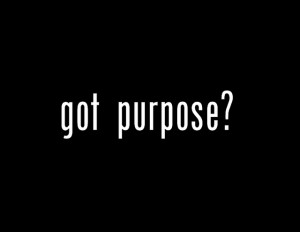
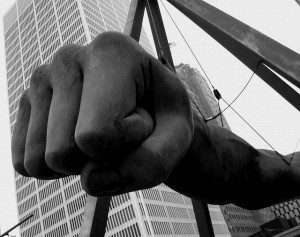
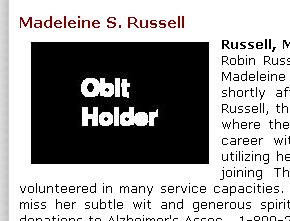
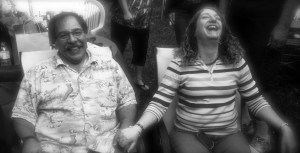

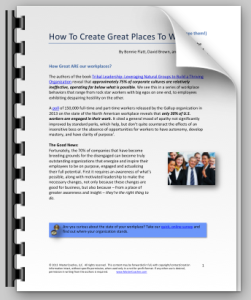
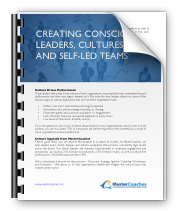
Social Links